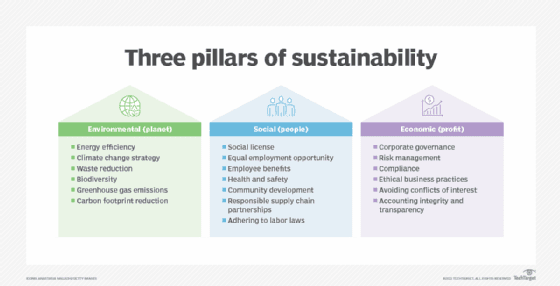
By Rich Hofus
In an ever changing world, the realm of entrepreneurship is making a change for the better. Valuing ethical practices, sustainability and fair treatment for workers. Fair trade entrepreneurship has become more than just a trending buzz word or phrase used to increase prices. It is reshaping the landscape of the business world as we know it. This concept includes the ideas of creating positive impact on communities, supporting artisans, and fostering economic growth.
What is Fair Trade Entrepreneurship? At the base, fair trade involves creating businesses that prioritize fairness, transparency, equal opportunity, and sustainability across the whole supply chain. This ensures that producers, workers, and artisans receive equal compensations for their goods and services without exploiting their labor. The system values human rights, empowers marginalized communities, and environmental responsibilities.
The impact of fair trade entrepreneurship goes far beyond the profit margin. BY providing fair wages and investing in communities, these businesses contribute to uplifting poverty stricken areas, education, healthcare, and developmenting infrastructure. They also aim to shift consumer behavior, encouraging people to choose products that align with their values and contribute to social change in a positive light.
While the goals of this organization are noble, it is not an easy path. Balancing fair wages with the competitiveness of the market, securing consistent supply chains, and educating consumers about the fair trade process is a lot for one organization to handle. Although, challenges like these present many opportunities for collaboration, innovation, and creating a more sustainable economy.
As the world has grown more and more aware of the ever growing system that is fair trade, studies have been conducted to see first hand what makes them so special. Fair trade impact studies and reports showcase the positive effects the organization has on an economy. These reports provide an in depth look at the improvement of living standards, increased income for workers, and enhanced community development in underdeveloped countries. Consumer behavior reports demonstrate a growing trend of consumers seeking ethically produced goods and services. These reports showcase how consumers are starting to prioritize products that align with the fair trade principles.
We see the system of fair trade entrepreneurship taking a paradigm shift as it separates itself from the traditional profit centered models and towards a more equitable future. Supporting these businesses plays an active role in creating positive changes. The movement places values over vanity, integrity over profit margins, and ultimately contributes to a fair and sustainable economy.
